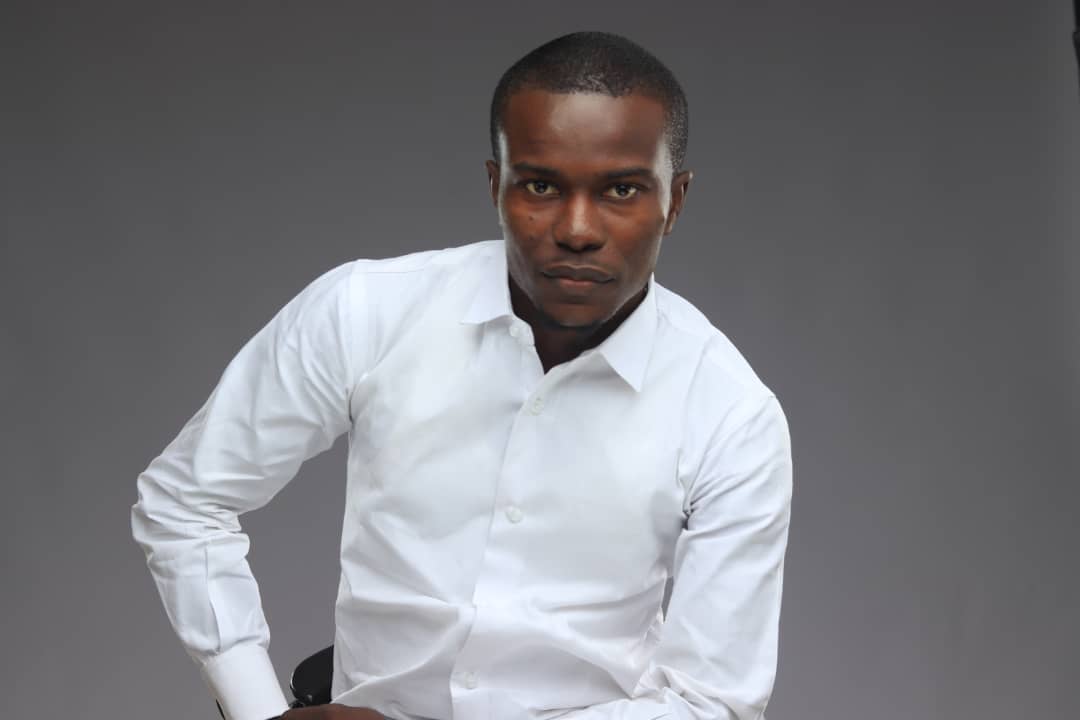Features
Mfonobong Inyang: The Dangerous Dance Between Bad Policies and Private Business Models

One of the first things you learn about the social sciences is that politics and economics are eternally joined at the hip. Each affects the other, and so the job of great leaders is to find that ever-elusive delicate balance. In my first essay of the year, I predicted that inflation was going to bolt like a racehorse from the stables this particular pre-election year, as many sound economic decisions will be sacrificed on the altar of political aspirations. Such behaviour usually comes at a price – in our case, much higher prices. That wasn’t some Einstein-esque prediction, it was a natural consequence that was predicted by some top economists and organisations like the World Bank. Not every opinion is weaponised for some agenda; it’s just good old data-based analysis.
As we have witnessed in recent times, exogenous variables have further exacerbated cost centres and disrupted business models. A lot of things are now beyond our control, but those things that are within ours should be intelligently interrogated. For example, whilst it’s good to champion the gospel of exports to encourage a positive balance of trade, have we really considered the bureaucracy and high costs of navigating the customs playbook? We wax lyrical about creating enough to meet local consumption but have we considered that erratic power supply is responsible for manufacturers having alternative energy costs as much as half of their overheads? This inability of local producers to compete favourably is one of the reasons why imports are ready substitutes. If a person who is relying on off-grid power solutions charges a bit higher to cover increased costs, is there anything off with that? If insecurity or transportation challenges cause people to transfer some of that cost to final consumers, is that being irrational?
It’s interesting that earlier this year, we saw the need to remove subsidies on electricity to have “market-reflective prices.” Understand for emphasis that power is an essential service, yet we justified the need for the companies managing our power to stay in business by hiking rates. We agreed that owing to the desperate depreciation of the naira to currencies like the dollar and pounds, more money was needed to replace critical infrastructure like train tracks that were destroyed. For emphasis, we can safely assume that transportation is an essential service especially when it’s provided by the public sector. Yet, we hound private businesses such as those offering non-essential services like pay-tv to freeze prices. Note, these organisations are offering what economists refer to as luxurious goods, meaning that if people cannot afford or enjoy such utilities, dem go dey alright las las. It’s not by force.
Do policy makers really understand how such business models work or are we just grandstanding? Are we leaning towards populist policies that offer placebos to the people instead of concrete solutions? These guys purchase very expensive broadcast rights in foreign (and much stable) currencies only to charge service fees in an unstable currency. So, for every time the Naira depreciates as it has shown to do in recent times, they effectively lose revenue whilst still offering the same service at fixed prices. Not to mention that they are also exposed to the vagaries of the domestic economy wherein they operate – like the increase in diesel costs, and so on. As much touted as the pay-per-view model is, many do not know how it actually works in an economic sense, or that the tech infrastructure (the two-way communication between a subscriber’s decoder and head end of the service provider) that drives it doesn’t presently exist on an industrial scale.
Another dodgy practice is when regulators are also players in the same sector, it almost never augurs well because more often than not, they will use policies to bring the competition down to the level of their incompetence, rather than rise to the level of best practices.
Many young people struggle to keep up with rents in urban centres. Landlords, in their defence, use expensive cement and other building materials as alibi. So are we going to legislate rents too? We can’t, in the same economy, create unnatural monopolies for certain companies that are reckless with their pricing, then turn around to police other companies that are offering customers multiple choices. Should businesses sing kumbaya and wish these operational costs away? Whose fault is that? In economics, the laws of demand and supply are connected to price elasticity. If prices are higher, demand for a normal good will drop. What, exactly, are the parameters of our decision-making?
You Can Banku On It
Putting aside the shameful loss in the Jollof Derby, can we pause and examine why Ghana’s economy is eating good? The superpower of investors is the ability to predict or pre-empt economic outcomes with a degree of certainty. Do we think that ease of doing business starts and ends in the ability to register a business name in a few days? Our foreign direct investment has declined over the years and one of the drivers of that apathy is the anyhowness of our regulators, and policy flip flops. Both local and foreign entrepreneurs need to be confident that a policy direction is something they can take to the bank.
A lot of our slack gets absorbed by our huge market size but smaller economies like Ghana’s thrive by doubling down on innovation, having a relatively stable political climate, social development and ease of doing business. Ever since Twitter set up its first Africa base in Ghana, a litany of investors and companies have moved there because her policy gatekeepers know how to speak to investors in the language they will understand. Her currency has also been relatively stable – you can see this in the circumspect nature that the monetary and fiscal policies are being managed.
Data!
It was Sherlock Holmes that said, “I cannot make bricks without clay.” We cannot, in the 21st century, afford to make critical decisions that are not backed by credible data just in a bid to appear in the good books of electorates. One of the challenges we face is an entrenched institutional apathy for credible data – that’s why we cannot categorically say how much crude oil we export daily. It was a struggle to get something as basic as the actual manifest of passengers on a train. It’s a herculean task to state how much is being generated at a toll plaza. Top institutions that steward our collective wealth will go on for years without being audited and even our national population number is a glorified assumption sprinkled with educated estimates from multilateral organisations.
Fortunately for us as a collective, the pandemic didn’t cause as much damage as predicted in some quarters but I dare say that the post-pandemic world is going to be brutal as global economics will prioritise their strategic interests. So if we don’t get our ducks in a row, they will look elsewhere and leave us behind. We should consider this because the global business hubs in Abu Dhabi, Berlin, Johannesburg, Kigali, London, New York, Paris, Shanghai, Singapore, Tokyo, and so on, are looking at investment-friendly destinations as the world re-opens fully for commerce. Responding to non-scientific sentiments can be dangerous because the road to hell is usually paved with good intentions.
Talking about Albert Einstein, he is noted to have said that we cannot solve our problems with the same thinking, consciousness and mindset we used when we created them.


















